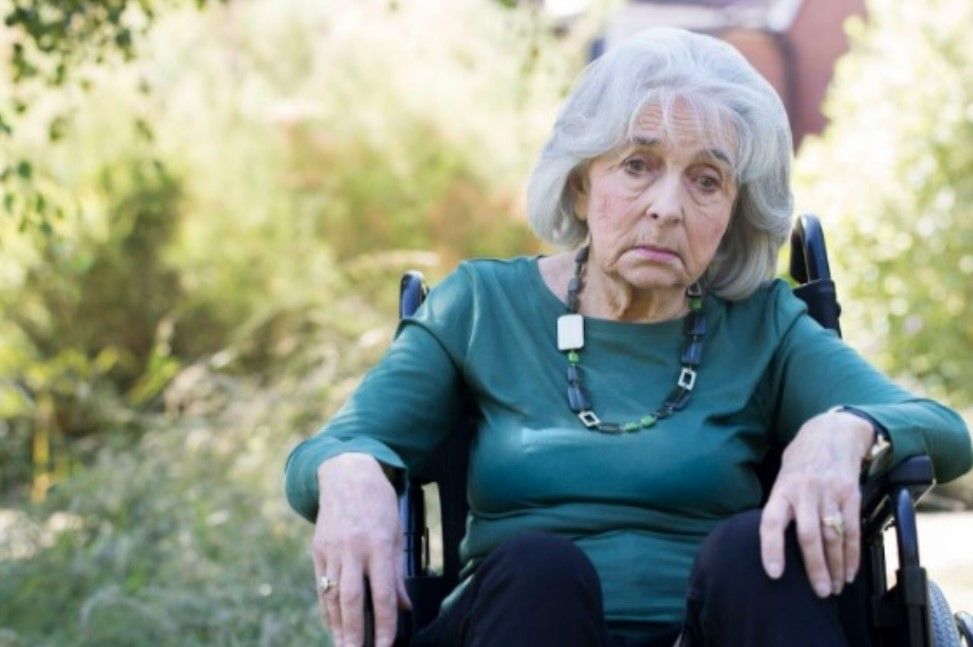No family ever expects to worry about a parent or grandparent being unsafe in a nursing home. These places are meant to provide comfort, not harm. Yet, many families discover too late that their loved ones were suffering from neglect or abuse behind closed doors. It’s painful — and often confusing — to know what to do next.
If you suspect nursing home negligence, you’re not alone. Many families across Dallas face the same heartbreak, and understanding what steps to take can help protect both your loved one and their rights.
What Nursing Home Negligence Really Looks Like
Negligence in nursing homes doesn’t always mean physical abuse. Sometimes, it’s about what isn’t done — like not turning a bedridden patient often enough to prevent bedsores, skipping medication, or ignoring medical changes that could lead to serious health problems.
Other times, it can take the form of emotional neglect. A senior might be left isolated for long hours, ignored by overworked staff, or treated harshly. Even something as simple as poor hygiene or unclean rooms can point toward neglect.
The truth is, these signs are often subtle. Families might assume that ageing or illness is to blame when, in fact, something far more serious is happening.
Why Negligence Happens
Most nursing homes operate with good intentions. But underfunding, staff shortages, and profit-driven management often lead to overworked caregivers and overlooked patients. In some cases, staff lack proper training on how to handle residents with complex needs such as dementia or mobility issues.
That’s why families need to stay alert. Regular visits, clear communication with staff, and watching for behavioural or physical changes can reveal whether care standards are slipping.
Signs You Should Never Ignore
If you see these warning signs, it’s time to take action:
- Unexplained bruises, fractures, or frequent falls
- Sudden weight loss or dehydration
- Untreated infections or bedsores
- Dirty clothing or living areas
- Changes in mood, fearfulness, or withdrawal
While one sign alone might not confirm negligence, a pattern usually does. And documenting everything — with dates, photos, and written notes — can make a huge difference later.
Taking Action: What Families Can Do
If you suspect neglect, your first step should always be ensuring your loved one’s safety. Move them to a secure area or another care facility if necessary.
Next, report your concerns to the nursing home administrator and the Texas Department of Health and Human Services. Formal complaints help initiate investigations and keep facilities accountable.
But to truly protect your loved one’s rights and pursue justice, it’s wise to seek help from a nursing home negligence attorney. A skilled lawyer can review medical records, interview witnesses, and uncover patterns of neglect that families often can’t access on their own.
They can also guide you through the process of filing a civil claim to recover damages for medical bills, emotional distress, and pain and suffering.
The Role of a Nursing Home Negligence Attorney
Legal cases involving elder care are complex. Nursing homes often have legal teams and insurance companies working to minimise their responsibility. That’s why families need a strong advocate — someone who understands state regulations, federal elder care laws, and what it takes to hold these facilities accountable.
An experienced attorney doesn’t just seek compensation — they also push for change. Many cases have led to better staff training, stricter safety standards, and improved resident monitoring.
If you’re unsure where to start, reading about nursing home abuse, care facility duties, and resident rights can help you understand what responsibilities nursing homes legally owe to their residents.
Why Justice Matters
Filing a claim isn’t just about money. It’s about dignity. Your loved one deserves respect, safety, and care — and if those were taken from them, legal action is a way to make things right.
Holding negligent facilities accountable can prevent the same harm from happening to others. It sends a clear message that elder neglect won’t be ignored or excused.

